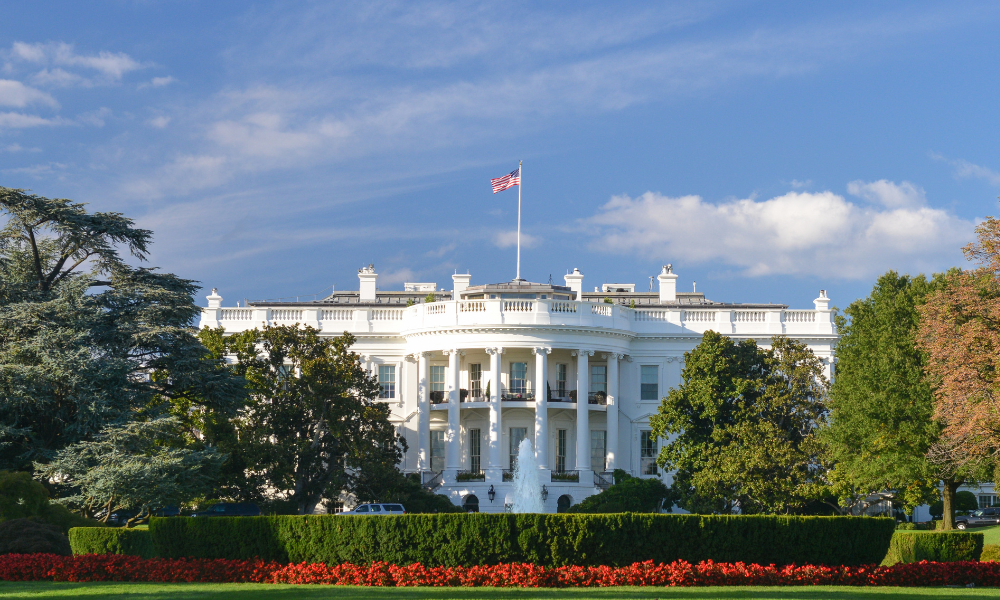

In an uncharacteristic shift that has stirred unease among Republican ranks, U.S. President Donald Trump is once again entertaining a proposal to lift the top income tax rate for the wealthiest Americans. The suggestion – reviving a pre-2017 rate of 39.6 percent for those earning more than $2.5 million – has resurfaced as Republicans scramble to structure a fiscal package that won’t deepen the national deficit or decimate key welfare programs.
The reconsideration comes less than a month after Trump had publicly rejected a similar "millionaire tax" proposal, suggesting instead that such measures would alienate his base and hand a rhetorical weapon to Democrats. Now, with time running out to pass a tax-and-spending bill before the 2017 Trump-era cuts expire in 2026, the administration appears to be weighing political pragmatism against ideological consistency.
“It’s a delicate balancing act,” said one senior Republican strategist familiar with internal discussions. “The president wants to extend his tax legacy but needs to show that it won’t come at the expense of middle-income Americans or essential programs like Medicaid.”
The floated tax hike would represent a significant departure from longstanding Republican orthodoxy, which has championed low taxes for high earners since the Reagan era. Yet Trump, with his populist edge and media dominance, has shown a unique ability to reshape the party’s economic positions.
The proposed change – reverting the top marginal tax rate from the current 37 percent to the pre-Trump level of 39.6 percent – would affect an estimated 150,000 to 200,000 households and could generate roughly $59 billion over a decade, according to the conservative-leaning Tax Foundation. That revenue could provide crucial cover for more politically popular moves, such as enhancing the child tax credit or raising the cap on state and local tax deductions, known as SALT, to $30,000.
Still, the backlash has been swift and vocal. Anti-tax stalwarts like Americans for Tax Reform and the Club for Growth have condemned the idea, calling it an electoral death wish. “If Republicans raise taxes, they risk losing the House and reigniting impeachment calls,” warned David McIntosh, the latter’s president.
The skepticism extends to Capitol Hill. Senate Finance Committee Chair Mike Crapo told conservative talk radio host Hugh Hewitt he was “not excited” by the idea, even while acknowledging the president’s influence in shaping the final bill. Others, particularly Republican representatives from high-tax states like New York, have signalled they might reject the broader legislation unless their constituents get relief from the SALT cap.
Adding to the complexity are provisions from the 2017 tax law that could become misaligned if the top rate is increased. A 20 percent deduction for pass-through businesses was designed to equalize tax treatment between individuals and corporations; altering the top rate could upset that parity, particularly in combination with state levies. In some jurisdictions, the combined marginal tax burden could breach 50 percent.
This internal division coincides with a broader Republican reckoning over fiscal priorities. The same lawmakers resisting a rate increase are also under pressure to explain how they plan to fund the extension of Trump’s signature tax cuts – especially as they vow to avoid cutting Medicaid, Medicare, or defense spending.
With Trump still dominating Republican politics and acting as the party’s chief strategist and campaigner-in-chief, the proposal’s fate may ultimately rest on whether he decides to push forward or retreat once more. If history is any guide, clarity may come not from consensus, but from the next time he takes to the stage – or his social media account.

Oregon-based Eagle Wealth Management and Idaho-based West Oak Capital give Mercer 11 acquisitions in 2025, matching last year's total. “We think there's a great opportunity in the Pacific Northwest,” Mercer's Martine Lellis told InvestmentNews.

Osaic has now paid $17.2 million to settle claims involving former clients of Jim Walesa.

Osaic-owned CW Advisors has added more than $500 million to reach $14.5 billion in AUM, while Apella's latest deal brings more than $1 billion in new client assets.

The up-and-coming Los Angeles-based RIA is looking to tap Merchant's resources to strengthen its alts distribution, advisor recruitment, and family office services.

US wealth advisory business will get international footprint boost with new tie-ups.
Orion's Tom Wilson on delivering coordinated, high-touch service in a world where returns alone no longer set you apart.
Barely a decade old, registered index-linked annuities have quickly surged in popularity, thanks to their unique blend of protection and growth potential—an appealing option for investors looking to chart a steadier course through today's choppy market waters, says Myles Lambert, Brighthouse Financial.
